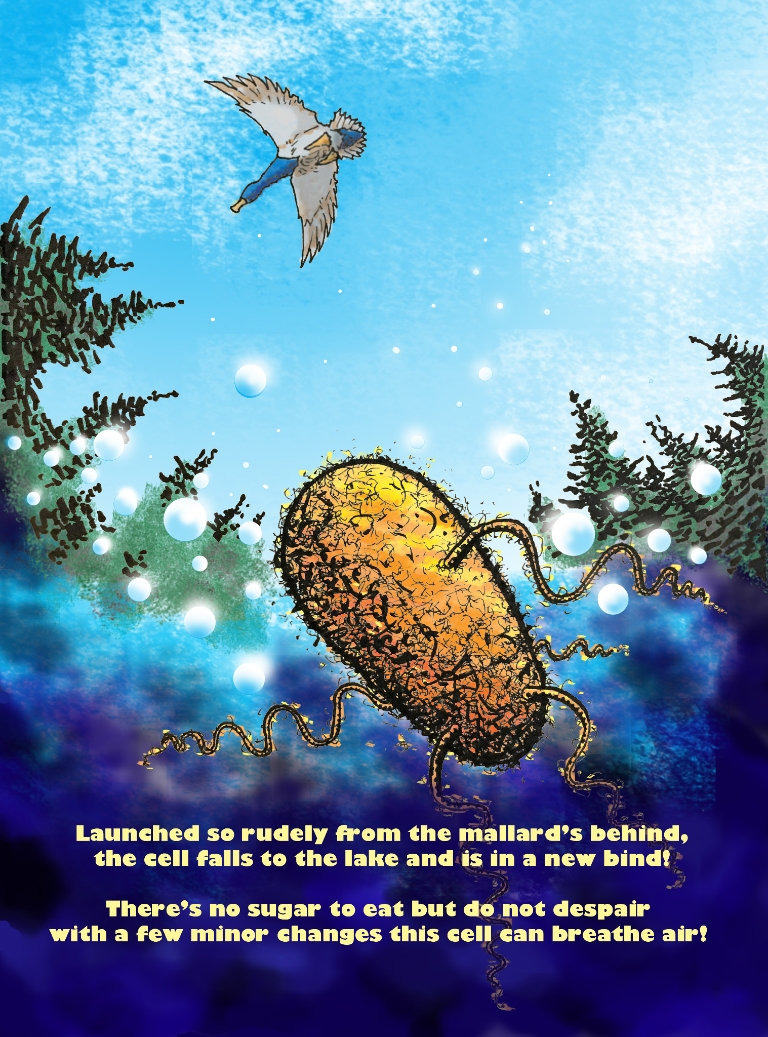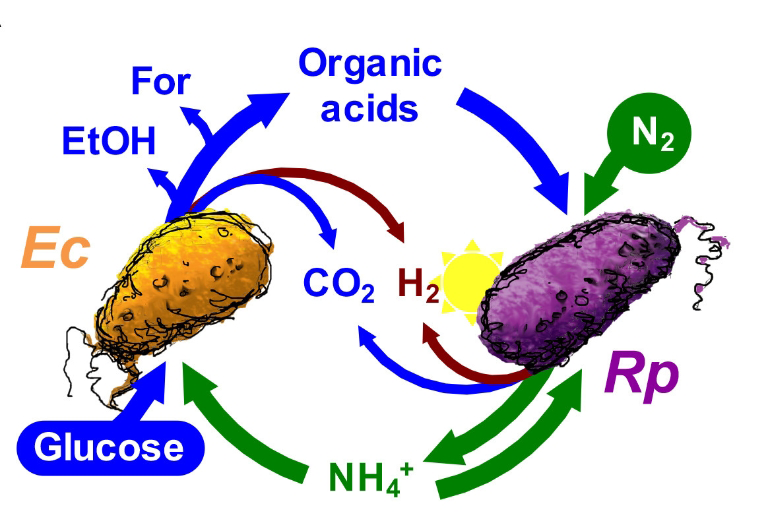National Science Foundation award will advance research and teaching on bacterial nutrient exchange
View original story from source
An Indiana University biologist has been awarded $1.15 million from the National Science Foundation to help "recruit" bacteria in the effort to improve health and reduce pollution.
The grant will support Jake McKinlay's research on how bacteria cooperate or compete over nutrients. These interactions are the key to many important chemical reactions in nature and the body.
"Almost everything we know about bacteria comes from studying a single species at a time inside a test tube, but that's not how microbes exist in nature," said McKinlay, an assistant professor in the IU Bloomington College of Arts and Sciences' Department of Biology. "Bacteria are rarely found alone, and their activities are highly intertwined."
There is a need to understand more about bacterial interactions since the ability to guide or control these interactions could potentially be used to create new medical treatments or produce fuels and other useful chemicals.
The replacement of microbial communities in the lower intestine—also known as the "microbiome"—has been successfully used to treat conditions such as Crohn's disease, for example. Genetically modified microbial communities have also been used to produce anti-cancer compounds. And environmental engineers use microbes to break down harmful chemicals such as oil spilled in the environment or convert renewable materials such as wood fiber into biofuels.
But generally, the focus has remained on using single microbial species from nature to achieve these results—or trying to genetically engineer a single microbial species to perform a long series of complicated tasks.



 The College of Arts
The College of Arts